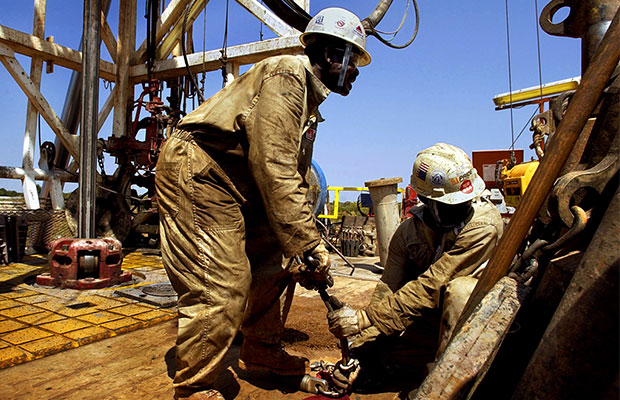ExxonMobil consortium fined $74bn by High Court of Chad
An ExxonMobil-led oil consortium has been hit with a record-breaking fine in a dispute over unpaid royalties to the central African nation of Chad

It's likely that Chad's fine will be deemed excessively punitive, should they seek to enforce it
A consortium led by the US oil and gas giant ExxonMobil has been ordered to pay a $74bn fine by a court in Chad. The record figure, which relates to alleged underpaid royalties, equates to around seven times the African nation’s gross domestic product ($10.11bn). The ExxonMobil-led oil partnership also comprises Chevron and Malaysia’s state-owned oil firm Petronas.
On October 5, the country’s High Court ruled that the consortium had failed to meet its tax obligations, owing $819m in overdue royalties. However, no explanation was given as to how the court arrived at the multi-billion-dollar penalty figure.
“We disagree with the Chadian court’s ruling and are evaluating next steps”, ExxonMobil media advisor Todd Spitler told Reuters. “It is vital for all parties to honour the terms of a contract and abide by applicable law in order to achieve the long-term benefits envisioned when projects begin.”
While it appears unlikely that the fine will be collected in full, any significant payment fee would prove vital for Chad
Exxon began sourcing crude oil from Chad in 2003, exporting up to 120,000 barrels a day via a pipeline that runs through neighbouring Cameroon. Oil has since become a mainstay of Chad’s economy, accounting for over 80 percent of the country’s total exports. The collapse in oil prices has thus hit the landlocked nation hard, causing the GDP growth rate to fall dramatically from 6.9 percent in 2014 to just 2.6 percent in 2015.
While it appears unlikely that the fine will be collected in full, any significant payment fee would prove vital for Chad, which remains among the poorest countries in Africa in spite of its successful oil industry. Since 2000, Chad has increased its military spending by over 600 percent, as it battles internal conflicts and an emerging Boko Haram insurgency in the west. In addition to its worsening security conditions, the past decade has seen Lake Chad’s water area decrease by 90 percent, putting the nation’s agriculture industry under strain and sending rural poverty rates soaring.
The extortionate fine, which is far larger than BP’s penalty for its 2010 Gulf of Mexico oil spill, is somewhat indicative of the Chadian Government’s entrenched and pervasive levels of corruption. While Chad struggles to emerge from recession, ExxonMobil’s plans to dispute the fine suggest that the US oil giant won’t be delivering a financial boost to the country any time soon.













